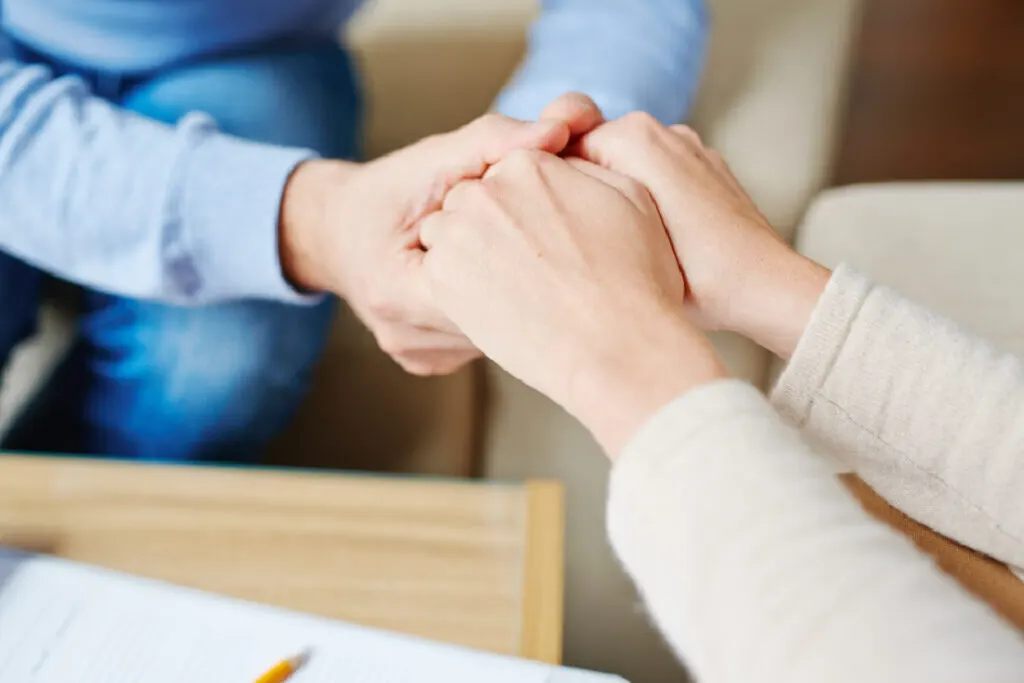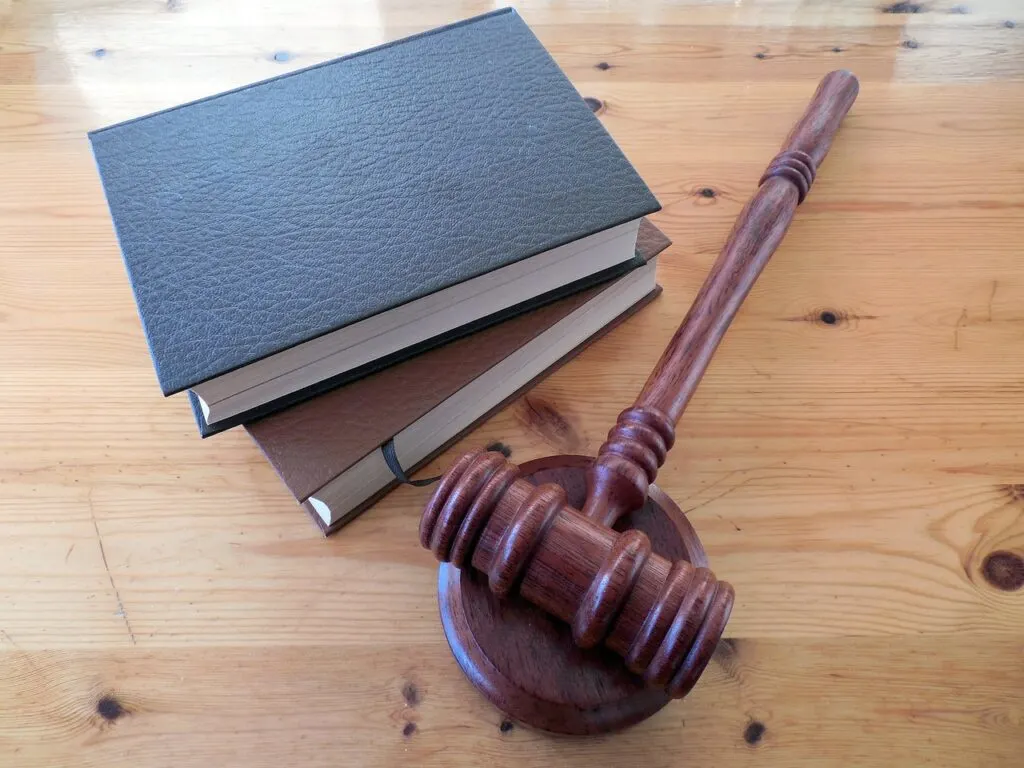More than one in three women and one in four men experience some form of domestic violence in the United States, according to the National Domestic Violence Hotline. Abusive relationships can be incredibly dangerous for victims, and it’s important to be aware of the resources available to help protect those who are affected by abuse. Legal resources for victims of abuse can provide important protection from an abuser and ensure that victims receive the support they need.

Local Police Departments
One of the first legal resources for victims of abuse can be found through your local police department. For victims of abusive relationships, a restraining order can be a good way to document abuse and create a physical barrier between the abuser and the victim. To file for a restraining order, contact your local police department or courthouse for assistance.
Fortunately, around 90% of initial civil petitions for domestic-violence restraining orders are granted. In addition, police requests for emergency domestic violence restraining orders are also granted at the same rate, meaning the victims can get help even if they need it right away.
Free Legal Services
Victims of domestic violence often require legal assistance when they’re trying to escape an abusive relationship. Thankfully, there are many organizations that can provide free or low-cost legal aid and legal resources for victims of abuse. These services offer advice and representation in court, as well as guidance about how to obtain other resources such as restraining orders. Organizations like the Legal Aid Society, National Domestic Violence Hotline, and the National Network to End Domestic Violence can provide support for victims of abuse.
Legal Advocacy Groups
In addition to free legal services, there are several advocacy groups that specialize in protecting victims of domestic violence. These groups provide support for those who are struggling to escape an abusive situation, as well as help provide access to legal resources for victims of abuse and their families.
The National Coalition Against Domestic Violence is one of the most well-known advocacy groups working to protect victims of abuse. Other organizations like Stop Abuse Campaign and Futures Without Violence also offer crucial legal assistance for domestic-violence victims.

Judges in the Court System
Financial abuse is also a common form of domestic violence, and victims often need help from a judge in order to protect their finances. Judges can provide assistance by issuing orders that prohibit the abuser from accessing joint bank accounts or other shared assets.
Additionally, judges can issue restraining orders that prevent an abuser from harassing or stalking the victim, as well as orders of protection that require the abuser to stay away from the victim in public.
In addition, a judge can decide that the spouse with lower earning potential deserves more than half of the marital property during a divorce settlement, allowing the victims to walk away from the marriage with their financial security intact.
Women’s Shelters
There are many shelters and transitional housing programs for victims of domestic violence and abusive relationships. These shelters provide women with a safe place to stay while they’re trying to escape an abusive relationship.
Women’s shelters are also often staffed with counselors and advocates who can help victims create safety plans, file restraining orders, and obtain legal aid and other legal resources for victims of abuse.
It’s important to note that these shelters are highly confidential and provide a safe, supportive environment for victims of abuse.
Final Thoughts on Legal Resources for Victims of Abuse
If you or someone you know is in an abusive relationship, it’s important to seek help from one of these organizations. The organizations often provide legal resources for victims of abuse as well as support for the children of the victims. This allows parents to protect their families while taking the steps to free themselves from their abusers.
No one should have to suffer through an abusive relationship, and it’s important to know that there are legal resources available to protect victims of abuse. Reach out for help from your local police department, free legal services, advocacy groups, or courts in order to ensure that you and your family are safe.
